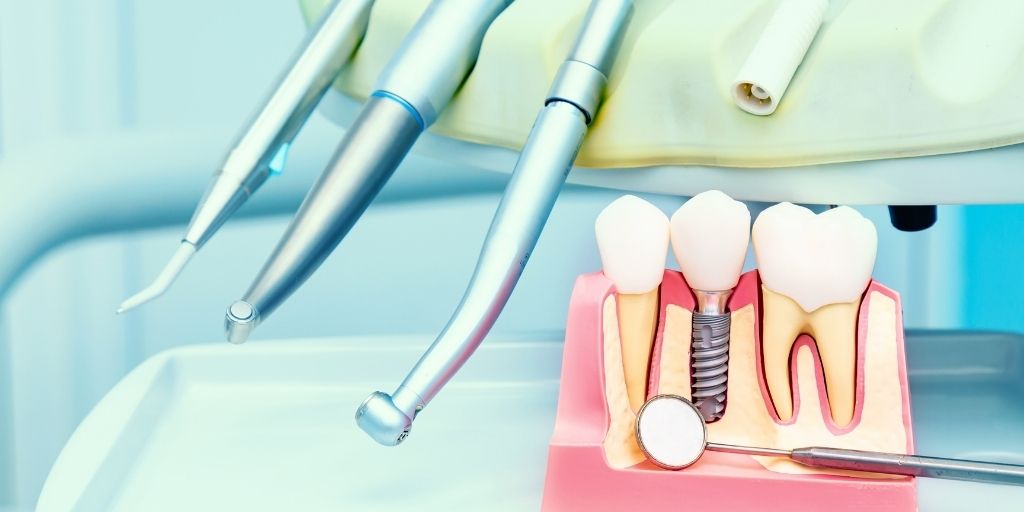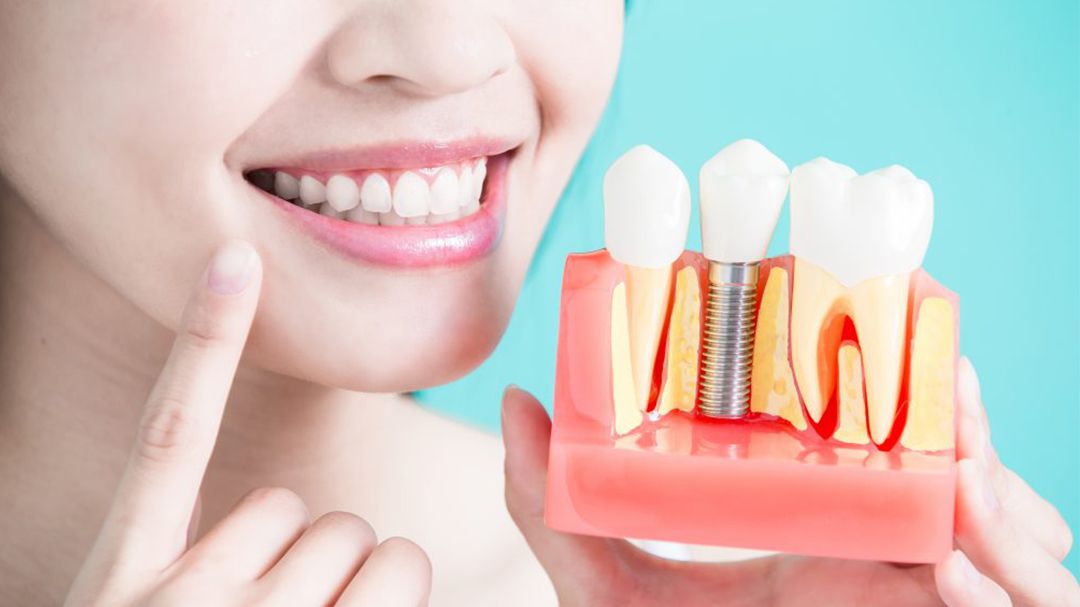
For overall health and well-being, it's
important to practice good oral hygiene.
While brushing and flossing play significant roles
in oral care, there is another crucial process that
frequently goes unnoticed - dental scaling. Teeth
scaling is a sort of that entails the thorough
removal of plaque, tartar, and bacteria from the
surfaces of teeth, particularly below the gum line.
For overall health and well-being, it's
important to practice good oral hygiene.
While brushing and flossing play significant roles
in oral care, there is another crucial process that
frequently goes unnoticed - dental scaling. Teeth
scaling is a sort of that entails the thorough
removal of plaque, tartar, and bacteria from the
surfaces of teeth, particularly below the gum line.
The bacteria that grow on your teeth can cause
tooth decay, gum disease, and other significant
health conditions like heart issues.
Gum disease, commonly known as periodontal
disease, can be prevented through dental scaling.
Scaling aids in preventing the development of
gingivitis, the milder stage of gum disease, into
periodontitis and other more serious conditions by
eliminating calculus and bacteria from the gum
pockets. Scaling can help maintain the health of the
gums and stop tooth loss by treating gum disease in
its early stages.
This technique is quite common and is performed
on almost everyone. This technique, however, is
frequently performed in conjunction with root
planing. This is sometimes referred to as
"deep cleaning." Teeth scaling and root planing
provide a deeper cleaning than a regular cleaning,
which aids in the treatment of chronic periodontal
disease.
This operation is performed in our dental
clinic by our periodontist in a single session;
however, depending on the severity of your problem,
it may be performed in two or more appointments.
This operation does not normally require the use of
a local anaesthetic; nevertheless, sensitive people
may want to discuss their choices with our dentist.
Our Periodontist will start by scaling your
teeth. This comprises scraping plaque and tartar
from your teeth as well as any pockets that may have
formed between your gums and teeth. The following
stage is usually root planing, which is smoothing
your roots with a scaling tool. This procedure aids
in the reattachment of your gums to your teeth.
How often should scaling be
performed?
The golden guideline is to visit the dentist
every six months. Our dentists at Q Dental will
be able to tell you whether or not you require
scaling. They will also counsel you on proper
home care for healthy teeth. It must be
emphasised again further that scaling teeth does
not weaken them but rather avoids gum diseases,
which cause bleeding gums and, if not treated,
lead to more serious and widespread gum problems
as well as overall health problems.
What Are the Advantages of Teeth
Scaling?
The GOLD standard treatment for chronic
periodontal disease. According to research,
teeth scaling aids in the reduction of
pocket gaps. By eliminating these pockets,
you lower your chances of experiencing:
tooth loss, bone loss, tissue loss, tooth
sensitivity, tender or bleeding gums, and
red/swollen gums, Chewing difficult, bad
breath.
How often should scaling be
performed?
The golden guideline is to visit the dentist every
six months. Our dentists at Q Dental will be able to
tell you whether or not you require scaling. They
will also counsel you on proper home care for
healthy teeth. It must be emphasised again further
that scaling teeth does not weaken them but rather
avoids gum diseases, which cause bleeding gums and,
if not treated, lead to more serious and widespread
gum problems as well as overall health problems.
How is scaling accomplished?
Our periodontist employs a variety of procedures,
including:
1. Scaling by ultrasonic:. Ultrasonic scaling
instruments remove plaque from the teeth by
vibrating the metal tip and spraying it with
water.
2. Guided biofilm therapy, a treatment that removes
biofilm (a film of bacteria on teeth) to prevent
cavities, gum disease, implant infections, and
severe stains, is now available exclusively at Q
Dentali. It is less intrusive and more comfortable
for those who have less discomfort and sensitivity.
The treatment consists of applying a dye to the
teeth to make biofilm visible, removing biofilm with
AirFlow® and PerioFlow® technology, and removing any
remaining calculus with Piezon® technology. This
procedure is appropriate for people of all ages and
dental circumstances, and it can be done on natural
teeth, implants, and dental restorations.This is
first to be introduced by Q Dental by our
periodontists with an affordable prize and also with
the best introductory offers.
Benefits of scaling or removing plaque
and calculus include
• improved oral health
• Gum disease is prevented and/or treated.
• Improve aesthetics, or their appeal
• freshens breath
• prevents dental decay
• maintain the longevity of teeth
• Improves general health issues like Heart and
diabetic disorders.
• Assist in maintaining natural teeth and lessen the
need for tooth extractions or dental implants.
Remember to talk to our best dentist about your
specific needs to establish how often you should get
your teeth scaling. Scheduling frequent scaling
procedures a priority can help you achieve and keep
your dental health at its best for years to come.



